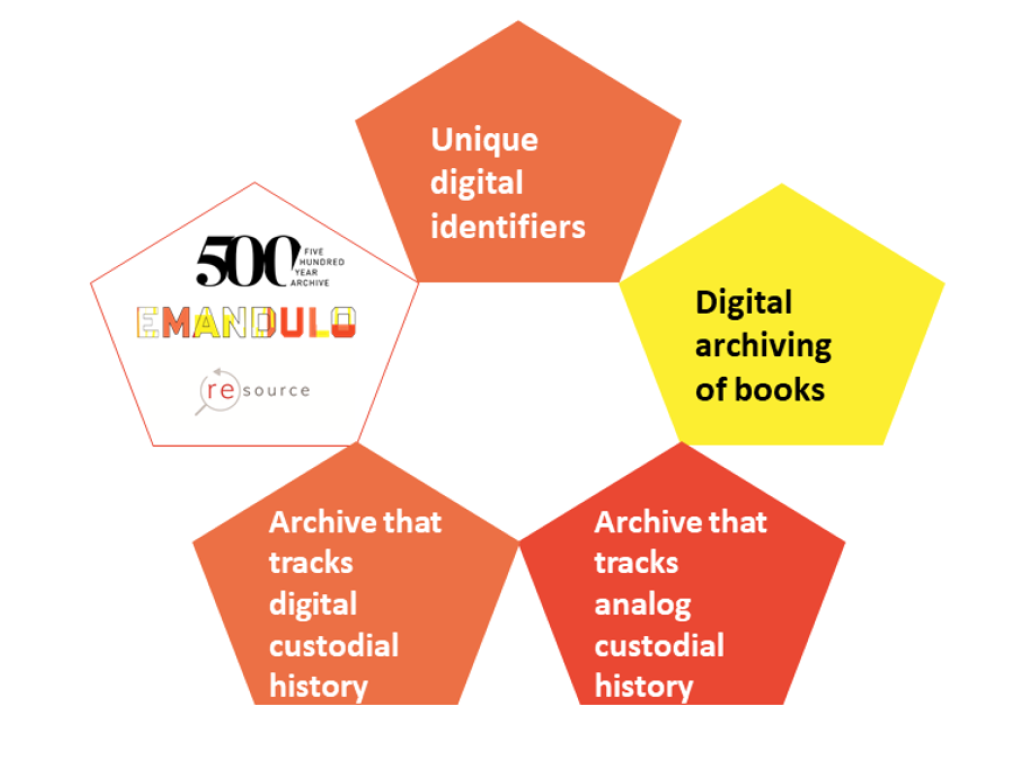Afridig Workshop: 26-29 July

Henry Fagan
In late July, members of the FHYA participated in the latest of a series of Workshops organised by WiSER (Wits Institute for Social and Economic Research) as part of its Programme of African Digital Humanities (Afridig).
Across four days, a total of 20 projects reported on some of the problems and achievements of their in-development digital platforms over the course of the previous year.
Carolyn Hamilton reported on the launch of the FHYA project’s new digital platform, EMANDULO, in a testing phase. EMANDULO uses SimpleDL software developed by UCT’s Hussein Suleman, a far more flexible and durable alternative to the gold standard in open source archival software, AtoM. A further FHYA digital platform, re-source, is also forthcoming. re-source is designed to support digitisation-led archiving and should prove useful to Humanities research students. Other notable outputs reported on by the FHYA included the ongoing innovative meta-data review; revision and enrichment; the Bibliomatrix project; and the imminent introduction of unique identifiers for FHYA materials.
Each day of the Workshop allocated time for a discussion of shared problems and strategies that arose during the presentations. One of the main topics was the issue of copyright and the challenges associated with making resources available online. For many projects, copyright presents a challenge because it prohibits access to rare texts, images, and other multi-media. A common problem is that many institutions are reluctant to share rare materials – even if they aren’t copyright protected – because they fear sharing their resources will diminish the appeal of their own holdings. A further point was that in some instances, copyright is valuable because it prevents people from copying rare works or from passing them off as their own. The Workshop resolved to actively take up issues concerning the archival commons.
The FHYA followed up on the Workshop by convening an ideas-sharing discussion with Tinashe Mushakavanhu, whose fellow Afridig project, “The Digital Bibliography of Shona/Ndebele Fiction (1956-1980)”, is working to overcome many of the same bibliographical obstacles. Perhaps the most important takeaway from this discussion was the importance of introducing placeholders online for items that cannot be uploaded. This is because placeholders acknowledge the existence of that item, even if it is missing or prohibited from being uploaded. Not having a placeholder can obscure that item’s existence.
A similar ideas-sharing exercise is in-train in relation to another Afridig project, the UCT-based isiXhosa Intellectual Traditions Project. Led by Jacques de Wet, the project is creating a digital archive of isiXhosa texts. It is part of the research group IsiXhosa Sociological Concepts and Intellectual Traditions located in UCT’s department of Sociology.